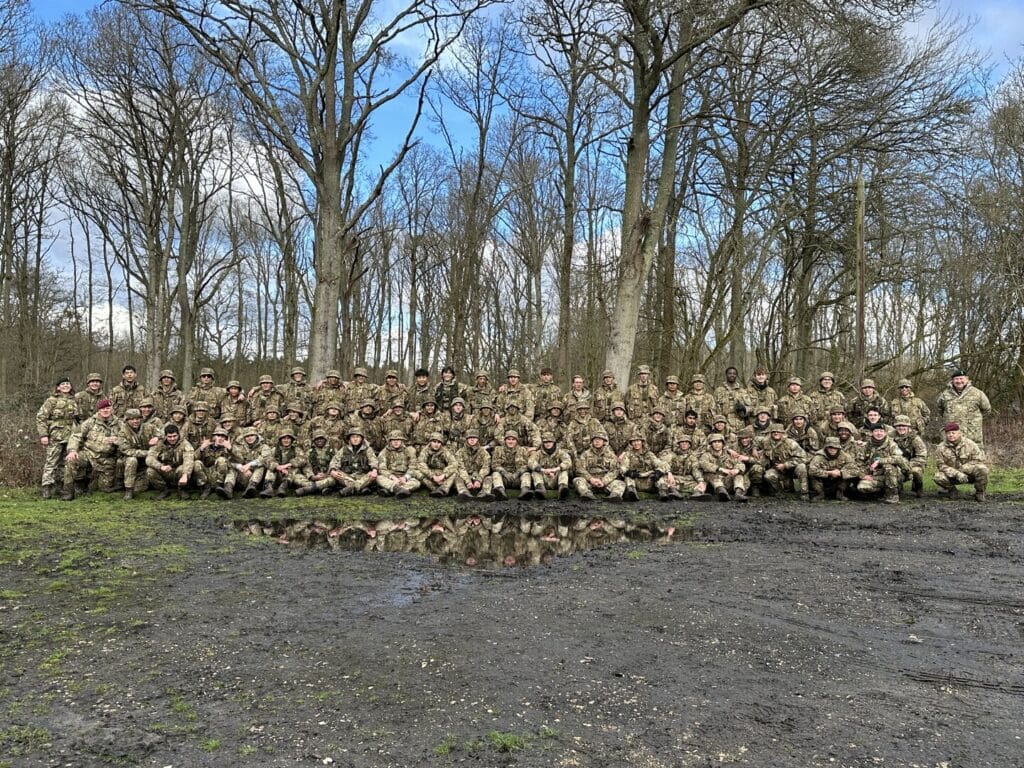Is a wild Britain possible? Do we have enough space for both natural habitats and human infrastructure on our small island? What can we do to help ‘rewild’ Britain? In the latest Agriculture Society meeting, Sir Charles Burrell attempted to answer some of these questions, based on his stewardship of Knepp Farm, a pioneering estate devoted to rewilding,
Since World War Two, extensive farming has led to a reduction in wild land. The disappearance of wildflower meadows, swamps, and fallow land has led to a subsequent reduction in plant and animal species. The nightingale population, for example, is now at an historic low of around 5,000 pairs in South-East England where it previously enjoyed dense scrubland that allowed it to nest away from predators. This scrubland has slowly disappeared to make way for arable farming and more aesthetically pleasing buildings. What can we do to remedy this? Wildlife survives in areas neglected by humans, so the simple answer is to invest in these spaces. On the Knepp estate for example, hedges have been allowed to grow to a width of 13 metres in places. This allows for the scrubland nightingales, and other birds desire, but has also increased Knepp’s field mouse population.
Another potential solution proposed by Sir Charles was to connect nature reserves. This would allow mammals who require larger areas of land to roam more freely, by creating wildlife bridges over busy roads and rewilding small portions of farming land into long, organized strips through the countryside.
Larger schemes involve the reintroduction of species that help to balance out the ecosystem. Across Britain, beavers are being reintroduced into environments they once inhabited 400 years ago. On Bamff estate in Scotland they released their first beavers in 2002 and they now have 87 across their estate. Similarly, the Cornwall Beaver Project reintroduced beavers into a 5-acre plantation woodland along Nankilly Water in June 2017. These animals drastically change their surrounding environment by creating large pools of water and by felling trees along the banks. The ponds are perfect habitats for birds like grebes, moorhens, and water rails and also welcome a wealth of insects. The dead trees which the beavers leave allow for the spread of fungus and provide excellent nests for willow tits which have become extremely rare in the UK. What is more, the dams beavers create also reverse damage done by Victorian drainage systems which quickly move water further downstream and increase the likelihood of flooding, by slowing the movement of water during heavy rainfall that would otherwise rush quickly into rivers and burst their banks. This has been particularly important in Cornwall, where local village have suffered from far less flooding since beavers were reintroduced. Now, even more impressive schemes are being discussed, including the reintroduction of wolves and lynx, predators that would reduce the uncontrolled population of deer in Britain.
The virtual audience wondered, however, whether such projects the workable land on farms? In short, they do, but this is not as problematic as it may seem. To start with 9.52 million tonnes of food goes to waste every year in the UK alone, so a reduced crop does not mean we will automatically out of food. Secondly, by having growing more diverse plants around the edges of fields can benefit the health of the crops and the soil. Recent research shows that mycorrhizal fungi, which grow in association with plant roots, ‘exchange’ nutrients gathered by their fungal strands for sugars in plants. This trade creates a healthier crop and enriches the soil. These mycorrhizal exist only in a biodiverse landscape however, hence the need for rewilding. Another plus for farmers is that rewilding schemes come hand-in-hand with government funding, and the possibility of tourism in their areas.
You can read more about Sir Charles’s work on the Knepp estate here https://knepp.co.uk/rewildingkneppvideo, and we recommend reading Entangled Life by Merlin Sheldrake to find out more about rewilding.






